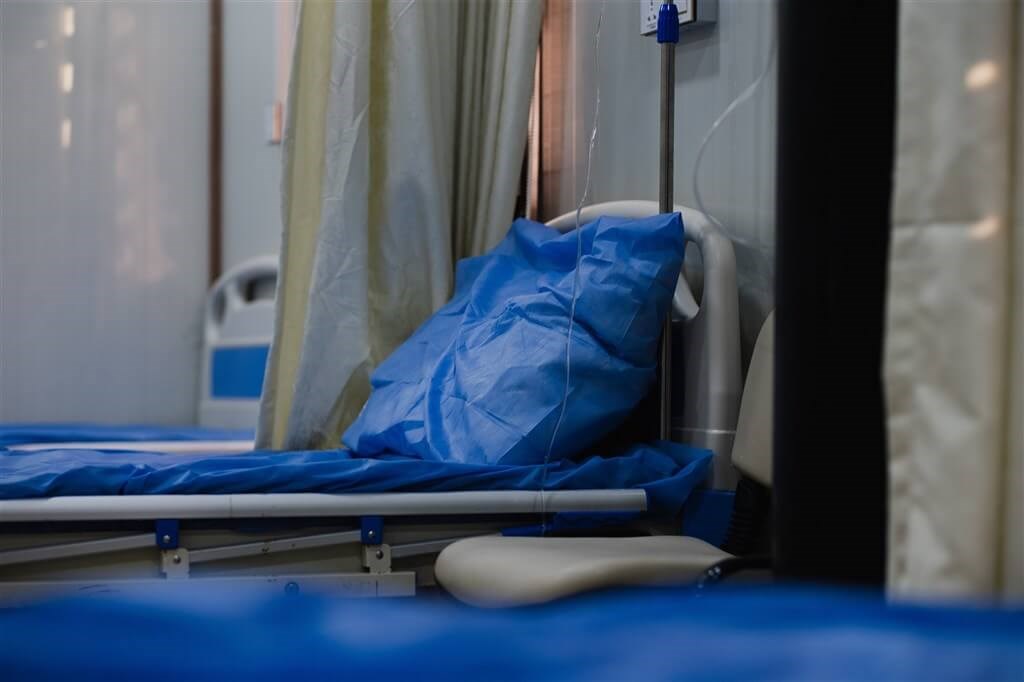Taipei, April 15 (CNA) The Centers for Disease Control (CDC) on Tuesday reported Taiwan’s first case of iatrogenic botulism for 2025, involving a woman who was hospitalized after receiving a cosmetic botox injection from an illegal online seller.
The woman, in her 40s, purchased botulinum toxin (botox) intended for cosmetic use through an online platform, with the seller visiting her home in northern Taiwan in late March to inject it into her forehead and cheeks, CDC physician Lin Yung-ching (林詠青) said at a regular news conference in Taipei.
“This [route of infection] is different from the more commonly known foodborne botulism cases,” Lin said.
“Around three days after the injection, the patient began to develop typical symptoms of botulism, including difficulty swallowing, impaired saliva secretion, drooping eyelids, and muscle weakness,” he added.
After seeking medical care, she was admitted to an intensive care unit (ICU) and required the use of a ventilator, Lin said, noting that the case was reported as suspected botulism on March 29.
While both serum and stool tests came back negative, the case was deemed probably iatrogenic botulism based on clinical symptoms and epidemiological evidence, Lin said.
The negative test result could be due to the delay between the botox injection and sample collection, which was more than a week, according to Lin.
CDC spokesperson Lo Yi-chun (羅一鈞) said the woman applied to receive antitoxin treatment at her own expense, which cost NT$226,480 (US$6,977) for the single vial she received.
After receiving the antitoxin treatment, her symptoms improved, and she was transferred out of the ICU to a general ward, where she remains as of Tuesday, Lo said.
“If a botulism case is caused by the deliberate injection of botox, patients are allowed to apply for antitoxin treatment, but it must be paid for by the patient themselves,” Lo said.
According to CDC data, there have been eight cases of iatrogenic botulism in Taiwan since 2019, all linked to cosmetic procedures.
Lo reminded the public that the typical dosage of botox used for cosmetic or medical purposes is far below toxic levels, but products from unknown sources can pose serious health risks.
In addition, Lo said the seller is suspected of violating at least three provisions of the Pharmaceutical Affairs Act, including the illegal importation of drugs, illegal online drug sales, and the lack of a pharmaceutical license.
The seller’s act of going to the patient’s home to administer the injection is also likely a violation of the Physicians Act, as such procedure must be performed by a licensed physician, Lo added.
Health authorities have already begun collecting relevant evidence and reported the case to the police, Lo said, adding that to avoid interfering with the ongoing investigation, the CDC will not be disclosing further details such as the patient’s city of residence or nationality.
Botulism is a serious paralytic illness caused by a nerve toxin produced by the bacterium Clostridium botulinum, which can be found in soil, according to CDC.
While botulism is not contagious, naturally occurring cases often result from consuming food contaminated with the toxin, the CDC said.
